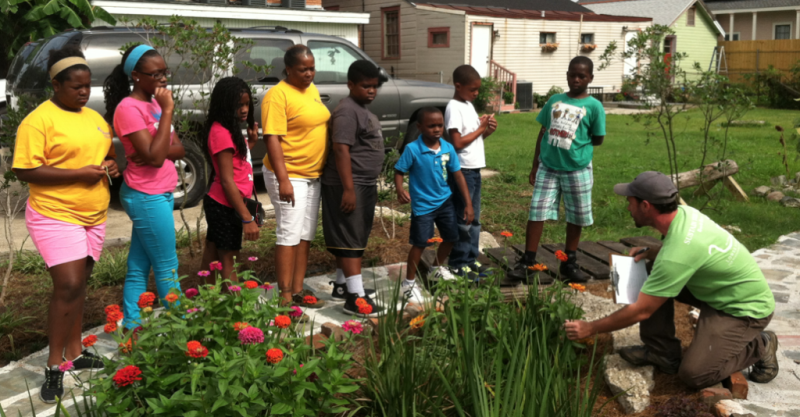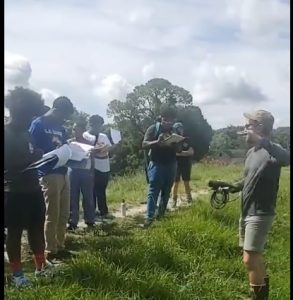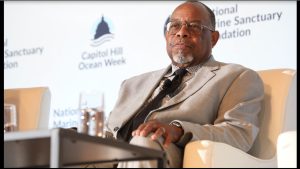
The Center for Sustainable Engagement and Development (CSED) was founded in 2006 to assist in revitalizing the Lower Ninth Ward, the New Orleans community most catastrophically impacted by the devastation of 2005’s back-to-back hurricanes, Katrina and Rita. CSED has since expanded its vision, working to improve the larger New Orleans area by educating the public on environmental issues, providing advocacy, policy development, and service learning activities. Their programs include environmental research internships for teens, kayak trips to raise awareness of environmental stressors, and a native tree nursery for their coastal restoration efforts. As well, they publish a weekly e-newsletter, send informational mailers, and host numerous community events, meetings and outings. Headquartered in their Environmental Learning & Research Center – built with the assistance of the Tulane School of Architecture – CSED is devoted to creating and pursuing empowerment opportunities in and for their underserved, Lower Ninth Ward community.

Annually, CSED coordinates over 1000 volunteers to provide more than 500 restoration and beautification projects for the residents of the Lower 9th Ward – over 90% of whom are Black, and 35% live below the federal poverty line. Recent projects include restoration of the Bayou Bienvenue Wetlands Triangle, installation of attic radiant barriers, and broad weatherization measures to improve the energy performance of nearly 200 Lower 9 homes. They’ve developed the Lower 9th Ward Food Security Council and expanded the area’s urban farming opportunities. To better inform citywide planning, CSED has done community mapping to assess every parcel of land within the Lower 9th as it relates to ownership, usage, and other critical data collection. Their advocacy work includes continued Army Corps of Engineers project reform efforts, and meetings with local, state and federal officials seeking equity on behalf of residents on the front lines of climate change.

Executive Director Arthur Johnson spoke at Capitol Hill Ocean Week in 2023.